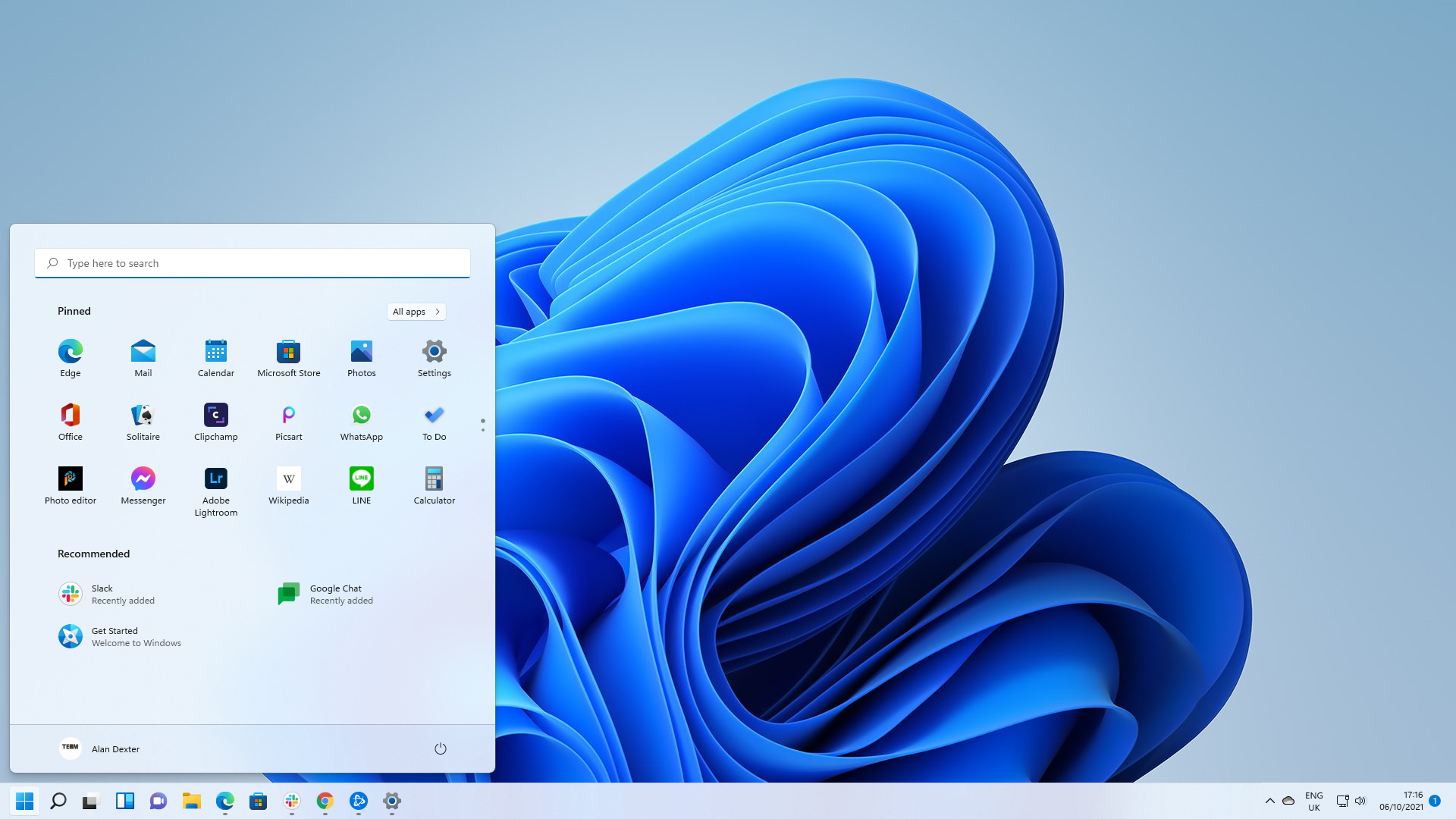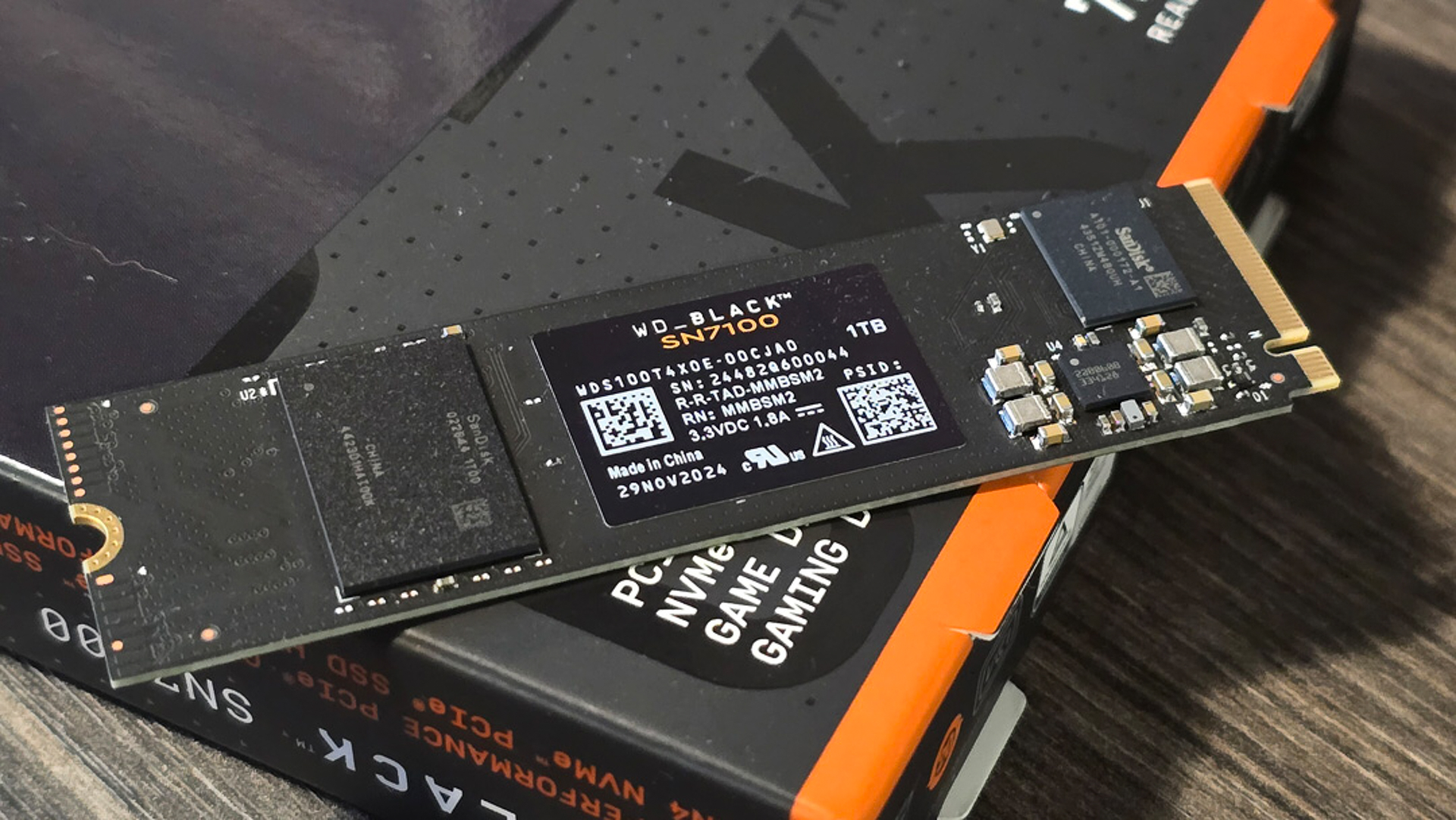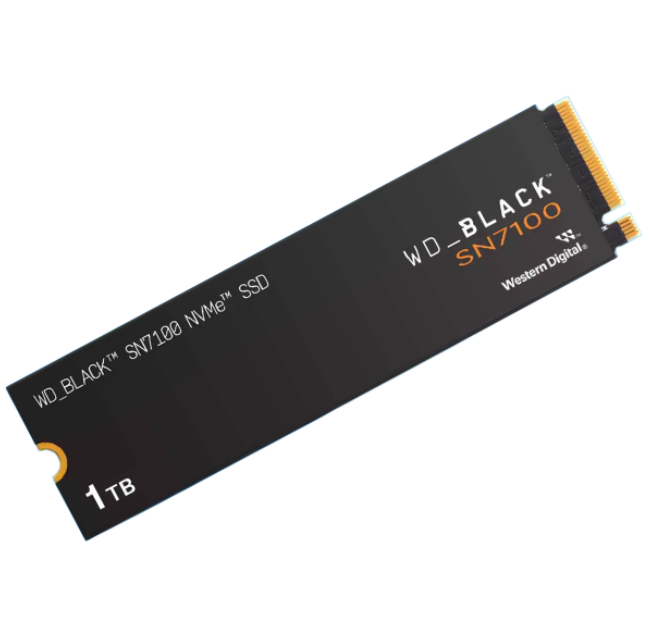After 4,500 hours of testing, SSD controller specialist Phison rules out allegations that a Windows 11 update is bricking drives
Correlation without causation, after all?

Keep up to date with the most important stories and the best deals, as picked by the PC Gamer team.
You are now subscribed
Your newsletter sign-up was successful
Want to add more newsletters?

Every Friday
GamesRadar+
Your weekly update on everything you could ever want to know about the games you already love, games we know you're going to love in the near future, and tales from the communities that surround them.

Every Thursday
GTA 6 O'clock
Our special GTA 6 newsletter, with breaking news, insider info, and rumor analysis from the award-winning GTA 6 O'clock experts.

Every Friday
Knowledge
From the creators of Edge: A weekly videogame industry newsletter with analysis from expert writers, guidance from professionals, and insight into what's on the horizon.

Every Thursday
The Setup
Hardware nerds unite, sign up to our free tech newsletter for a weekly digest of the hottest new tech, the latest gadgets on the test bench, and much more.

Every Wednesday
Switch 2 Spotlight
Sign up to our new Switch 2 newsletter, where we bring you the latest talking points on Nintendo's new console each week, bring you up to date on the news, and recommend what games to play.

Every Saturday
The Watchlist
Subscribe for a weekly digest of the movie and TV news that matters, direct to your inbox. From first-look trailers, interviews, reviews and explainers, we've got you covered.

Once a month
SFX
Get sneak previews, exclusive competitions and details of special events each month!
Correlation without causation was the caveat we applied last week to reports that the KB5063878 update for Windows 11 was nuking SSDs and HDDs. Now SSD controller maker Phison has reported back on an extensive investigation into the alleged issue. The outcome? Nothing to see here.
In a statement to WCCFTech, Phison said it had, "dedicated over 4,500 cumulative testing hours to the drives reported as potentially impacted and conducted more than 2,200 test cycles. We were unable to reproduce the reported issue, and no partners or customers have reported that the issue affected their drives at this time."
WCCFTech claims that an unidentified third party with an apparent anti-Phison "big agenda" might have somehow created a hoax around the failing drives, but provides no evidence to back up this rather bizarre notion.
To recap, it was suggested that problems can occur after the KB5063878 Windows 11 update and during heavy write operations to specific storage, with suspected culprits including the operation of the drive cache and "a memory leak in Windows’ OS-buffered cache region" and the consequence being a "high likelihood of file corruption when symptoms occur."
A number of drives from different manufacturers were said to be impacted, including the WD Blue SN5000, Corsair MP510 and MP600, and SK Hynix Platinum P41.

As we reported previously, a busy Reddit thread discussing the reported issue is very much split on opinion and experiences. One poster said, "Updated my Windows 11 yesterday. I had the same issue while updating. It restarted and no SSD was being seen after that. I thought I lost it completely. Tried checking the BIOS and found that it doesn't recognise the SSD anymore. But after sometime, when I restarted it came back miraculously."
On the other hand, it could be a pure hardware fault. Or it may be nothing of substance. With millions of Windows users, you're going to have faults after a Windows Update purely on the basis of chance.
Keep up to date with the most important stories and the best deals, as picked by the PC Gamer team.
Actually, and again as I pointed out last week, such is the insufferable frequency of Windows Update you could scarcely hope to have a drive failure that didn't happen in fairly close proximity to a Windows patch.
I cautioned last week I'd personally be tempted to hold off on KB5063878, especially if you have any of the implicated drives on the list. I'd hold to that for now, but it's increasingly looking like this is at worst a fairly limited issue and not the widespread destroyer of SSDs that was first mooted.

1. Best overall:
WD_Black SN7100
2. Best budget:
Biwin Black Opal NV7400
3. Best PCIe 5.0:
WD_Black SN8100
4. Best budget PCIe 5.0:
Crucial P510
5. Best 4 TB:
TeamGroup MP44
6. Best 8 TB:
WD_Black SN850X
7. Best M.2 2230:
Lexar Play 2230
8. Best for PS5:
Silicon Power XS70
9. Best SATA:
Crucial MX500

Jeremy has been writing about technology and PCs since the 90nm Netburst era (Google it!) and enjoys nothing more than a serious dissertation on the finer points of monitor input lag and overshoot followed by a forensic examination of advanced lithography. Or maybe he just likes machines that go “ping!” He also has a thing for tennis and cars.
You must confirm your public display name before commenting
Please logout and then login again, you will then be prompted to enter your display name.

